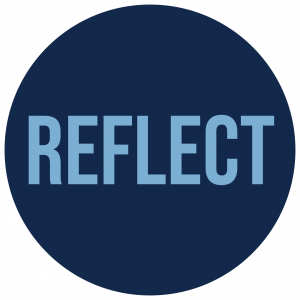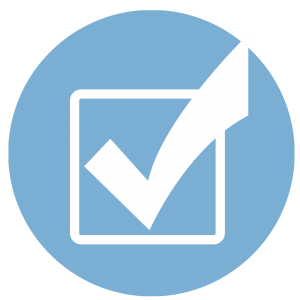Suggestions for Self-Reflection
- Heighten your awareness of bias externally AND internally

- Be brutally honest with yourself
- Require yourself to be uncomfortable
- Identify the root of a belief, look for data
- When encountering a stereotype, bias, preference or opinion with no data to back it, ask ‘why am I thinking this?’
- Pursue flexibility, resilience in the face of natural brittle response to any issues of race or difference. Let your defensive reaction guide your efforts.
- Invest metacognitive effort for awareness and change
- Examine your thinking and biases surrounding them
- Explore where this bias is rooted
- Investigate any groups of people you ‘don’t like’ find unpleasant or avoid in general
- Increase your exposure to someone in this group and connect with them (share a meal or beverage or a laugh)
- Develop strategies to mitigate or correct your bias. Look for opportunities to practice and do so.
- Examine how you delineate groups for activities or introductions? (boy/girl, black/white, height) Instead employ characteristics that connect:
- preferences – food, hobbies, fonts, mountains or beach? mornings or nights?
- skills – singing, dancing
- experience – been out of the country? ever run out of gas? broken bone or all intact?
Self-talk: Set or reset yourself
- I can be uncomfortable to make all students/colleagues/people we serve and EVERYONE comfortable.
- I want to be inclusive and have much to learn.
- Correction and error will help me get to my goal of inclusivity.
- This is not about me and my intent.
- Am I in a learning posture? Or defending something (what?)?
The JEDI Toolkit is a resource created by faculty members in the Health Sciences Department to provide guidance and recommendations to health care providers and educators who would like to learn more about equity and inclusion.
